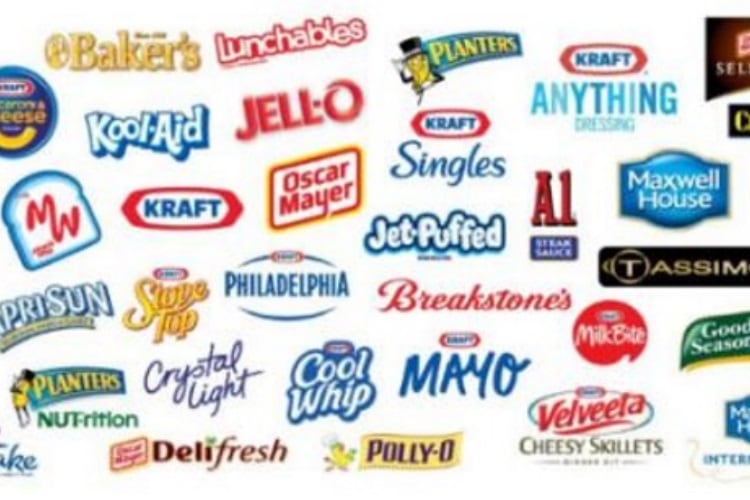In addition to the $16m fine, the CFTC ruling prohibits Mondelēz and Kraft from ‘engaging in future violations of several anti-manipulation provisions,’ as per the Commodity Exchange Act and agency regulations.
In an adjunct statement, two of the CFTC commissioners, Dan M. Berkovitz and Rostin Behnam, said Kraft Foods Group ‘manipulated the wheat market,’ and the penalty amounts to the maximum the agency ‘could reasonably expect to obtain’ in court.
The order contains two unusual provisions, according to the statement: the findings do not hold ‘factual findings or conclusions of law,’ and the CFTC cannot comment further on the case – apart from what is already on public record. Individual commissioners, however, can speak freely about the matter ‘in their own capacities.’
Kraft Heinz told BakeryandSnacks it “strongly [disagrees] with the CFTC’s statements, which blatantly violate and misrepresent the terms and spirit of the consent order, and will be seeking immediate relief from the court.”
Mondelēz echoed the sentiment, adding, "We can’t comment on the settlement per se..."
The CFTC typically requires facts and lawful conclusions because they deter others from erring into similar territory and offer insight to the agency’s interpretation of its laws. Ultimately, the commissioners concluded the penalty and injunctive relief matched the gravity of Kraft’s conduct.
Essentially, Kraft neither admitted nor denied the allegations, but ‘the money does the talking,’ the CFTC said.
“In this case, it is not only Kraft’s $16 million payment that is doing the talking. The Commission is speaking loudly and clearly as well: those who manipulate or attempt to manipulate our commodity markets will be prosecuted and punished.”
Kraft initially contended in 2015 that Mondelēz would bear the brunt of any monetary penalties because it did not make products with the wheat in question.
Alleged $90m in manipulation
The 2015 complaint alleged that, in December 2011, Kraft and Mondelēz developed, approved and executed a strategy to buy a six-month supply of wheat futures for $90m – which they ‘never intended’ to accept, according to the CFTC.
Kraft's conundrum
This week’s news lands just days after Kraft Heinz devalued its brands by another $1.2bn, sending its stock tumbling 9% to about $28 a share. The stock has dropped more than 30% in 2019.
The Chicago-based manufacturer had delayed the release of its 2018 results in June, due to a Securities and Exchange Commission investigation for accounting mishaps. It also revealed a $15bn devaluation in February.
CEO Miguel Patricio, who joined Kraft Heinz in April, said the company would not offer short-term forecasts as it deals with recent setbacks. Net sales were down 5% in the first quarter this year compared to 2018.
“[They] instead executed this strategy expecting that the market would react to their enormous long position by lowering cash wheat prices and strengthening the spread between December 2011 wheat and March 2012 wheat futures.”
Because the market indeed lowered cash wheat prices, the food giants raked in $5.4m in profits, the CFTC complaint alleged.
In a statement on August 15, CFTC chairman Heath P. Tarbert described America as the ‘breadbasket of the world’ with wheat as ‘its heart.’
“Market manipulation inflicts real pain on farmers by denying them the fair value of their hard work and crops,” he said.
“It also hurts American families by raising the costs of putting food on the table. Instances of market manipulation are precisely the kinds of cases the CFTC was founded to pursue.”
The original complaint also claimed that in December 2011 the two companies held more than 2,000 contracts with the Chicago Board of Trade – well over the 600-count limit and without ‘a valid hedge exemption in place or a bona fide need for that quantity of wheat.’
A third prong contended that for more than a decade between 2003 and 2014, Kraft and Mondelēz ran ‘off-exchange futures transactions between two separate corporate trading accounts that did not comply with exchange rules for noncompetitive trading.'


